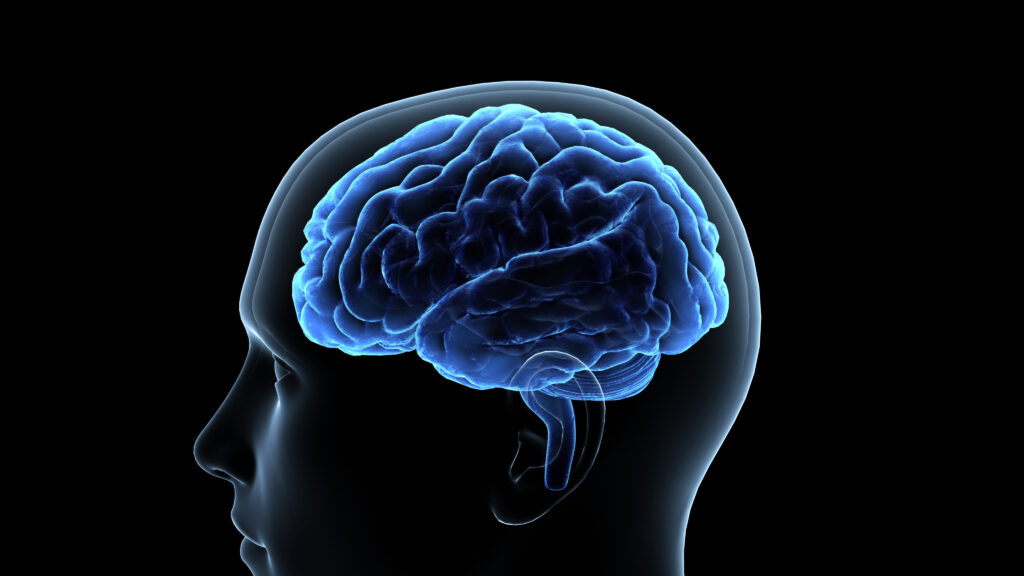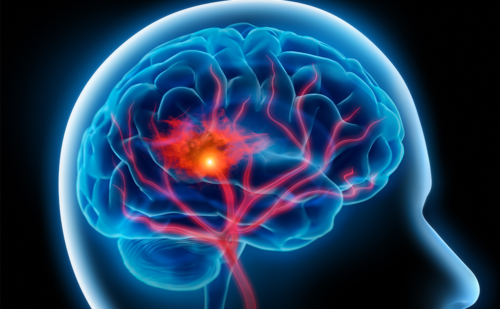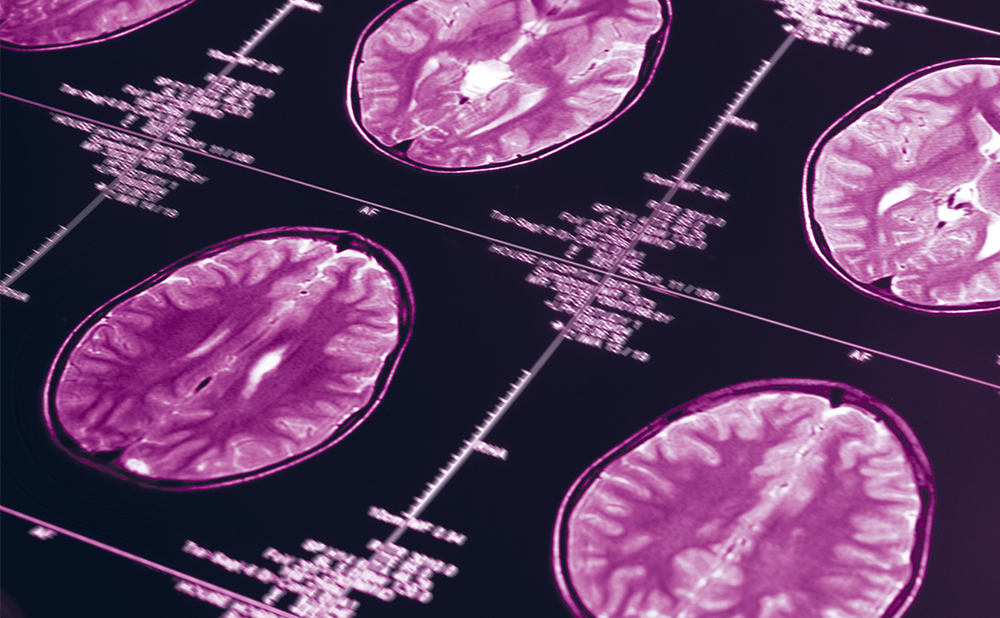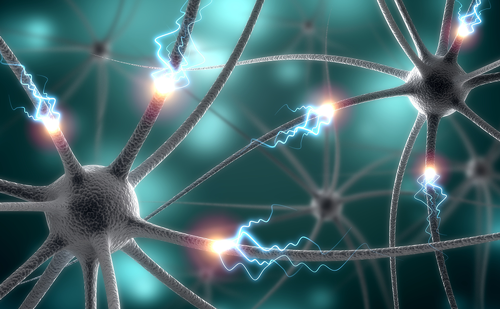Dementia is characterised by severe cognitive deficiencies that impact on functional activities of daily life.1 With an ageing population, the risk of dementia increases,2 which is a main cause of disability in later life, more so than some cancers, stroke and cardiovascular disease.3 Dementia is a worldwide problem. In the UK in 2010, there were estimated to be over 820,000 elderly afflicted with late-onset dementia.4 This is expected to rise to one million by 2025 and to exceed 1.7 million by 2051.5 The economic costs of dementia in the UK are estimated to be £23 billion per year (approximately twice as much as cancer).4
No cure for dementia is currently available; prevention is key to reducing risk. The nature–nurture debate can be used to illustrate the factors that explain individuals’ risk of developing dementia. Dementia risk cannot be entirely explained by genetics: the apolipoprotein E (APOE)-4 allele has been recognised as a risk factor for Alzheimer disease and also for a younger age of onset;6,7 however, not all individuals who have this allele develop dementia and not all individuals who develop dementia have this allele.8 Therefore, environmental factors are implicated for theircontribution to dementia risk. These include demographic factors9 such as education, occupation and socioeconomic status, as well as lifestyle factors including diet,10 smoking,11 social engagement12 andphysical activity.13
Modifiable risk factors for dementia overlap with those for cardiovascular disease.14 The evidence showing that exercise improves cardiovascular health is well documented.15 Due to the overlap in risk factors, the scope for physical exercise to improve cognitive performance – with the aim of delaying the onset of dementia – has been widely investigated. A recent review reported that many studies demonstrate that physical exercise can help to maintain cognitive abilities into old age, but not all treatment studies found positive effects.13 It was further reported that exercise may be more effective if carried out in midlife at the latest to prevent dementia in later life. However, once individuals have developed dementia, some cognitive improvement can still be seen through physical exercise. Some investigated direct physiological mechanisms for improvingcognitive performance through exercise include: encouraging neurogenesis and neurotrophins,16–18 a reduction in blood lipids,19 lowering of blood pressure19 and improved vascular output and cerebral perfusion.20 The effects of these direct mechanisms are unclear; both acute and longer-term effects of exercise on cognitive improvement have been reported, but there are wide variations in results across studies, with many not finding any effects.13
To view the full article in PDF or eBook formats, please click on the icons above.














